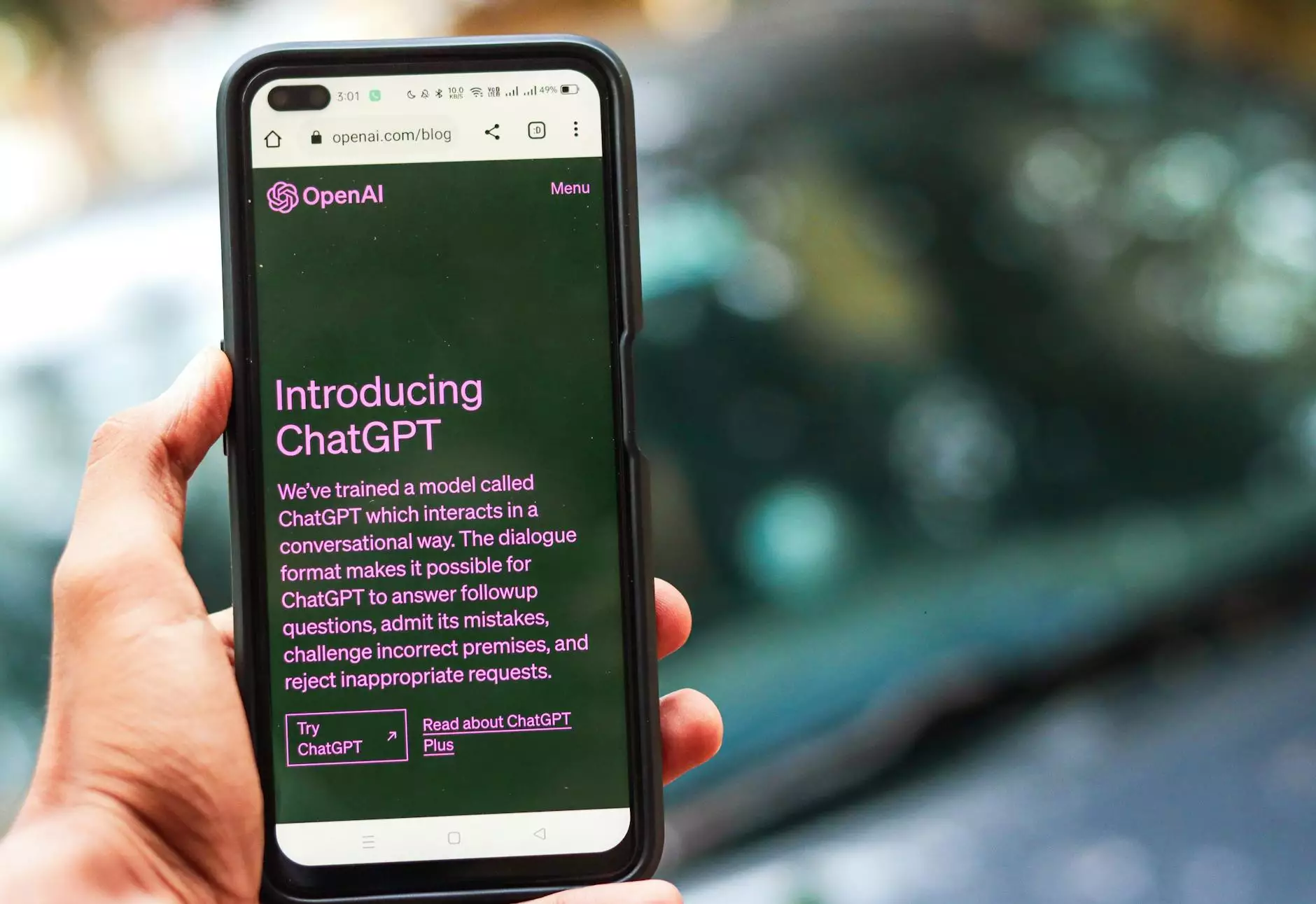How to Make an App: A Comprehensive Guide for Aspiring Developers

Understanding the Importance of Mobile Apps
In today's digital age, mobile applications have become a cornerstone of modern business strategy. With millions of users around the globe relying on their mobile devices, creating a mobile app can significantly enhance your reach and engagement.
The Process of Making an App
When you decide to make an app, understanding the fundamental stages of app development is crucial. Below are the key phases of the app development lifecycle:
1. Idea Generating and Research
The first step in making an app is generating a viable idea. Research your target audience and understand their needs. It helps to conduct surveys or focus groups to gather insights about potential features and functionalities. This stage is where you will determine if your app will meet actual market demands.
2. Planning Your App
Once you have a clear idea, the next step is to plan how you will bring it to fruition. This involves:
- Defining the purpose: What problem does your app solve?
- Identifying features: What core functionalities will your app include?
- Selecting the platform: Will you launch on iOS, Android, or both?
3. Designing the User Interface (UI) and User Experience (UX)
Great design is essential when you make an app. Your app should be intuitive and user-friendly. Consider creating wireframes and prototypes to visualize your design. Tools like Sketch, Figma, and Adobe XD can aid in designing an excellent user interface. Don’t forget to test your designs with real users to ensure that it meets their needs.
4. Development: Bringing Your App to Life
With the planning and design phases completed, it's time for the technical development. There are primarily two approaches you can take:
- Native Development: Building an app specifically for one platform using platform-specific programming languages (e.g., Swift for iOS and Kotlin for Android).
- Cross-Platform Development: Using frameworks like React Native or Flutter to create apps that work on multiple platforms with a single codebase.
5. Testing Your App
Before launching your app, it's crucial to conduct thorough testing. This should include:
- Functional Testing: Ensure all features work correctly.
- User Interface Testing: Confirm that the app looks and behaves as intended.
- Performance Testing: Evaluate the app’s responsiveness and stability under various conditions.
- Security Testing: Make sure user data is handled safely and appropriately.
6. Launching Your App
After extensive testing and iterations, it's time to launch your app. The launch strategy is vital. Consider these action points:
- Set a launch date.
- Engage in pre-launch marketing to generate buzz.
- Submit your app to the respective app stores (Apple App Store, Google Play Store).
7. Post-Launch: Marketing and Updates
Once your app is live, invest time in marketing your app. Utilize social media, content marketing, and paid advertising. Gathering user feedback will also help improve your application. Plan regular updates based on user reviews to enhance functionality and fix bugs.
Choosing the Right Tools for App Development
When you decide to make an app, selecting the right tools can enhance efficiency and effectiveness in your workflow. Here are some recommended tools:
- Development: Xcode (iOS), Android Studio (Android), React Native, Flutter.
- Design: Figma, Adobe XD, Sketch.
- Testing: TestFlight (iOS), Firebase Test Lab (Android), BrowserStack.
- Marketing: App Store Optimization (ASO) tools like App Annie, Sensor Tower.
Common Mistakes to Avoid When Making an App
Identifying pitfalls in the app development process can save you time and resources. Here are some common mistakes:
- Lack of Market Research: Failing to understand the market can lead to building an app that no one wants.
- Ignoring User Feedback: Constructive feedback is invaluable for enhancing your app.
- Skipping Testing: Bugs can detract from the user experience and lead to poor reviews.
- Poor Marketing Strategy: Even the best app needs exposure to reach its potential users.
Conclusion
In summary, making an app is a multifaceted endeavor, but with a systematic approach and a passion for innovation, it can lead to extraordinary outcomes. Whether you are a budding entrepreneur or a seasoned developer, following the steps outlined above can guide you in successfully launching your app into a competitive marketplace. Remember, the journey of creating an app is ongoing, filled with learning opportunities at every turn.
As you embark on this exciting venture, embrace the challenges, adapt to feedback, and keep your user in focus. With dedication and the right tools, you will not only make an app, you'll build a product that resonates with users and stands out in the diverse app ecosystem.





